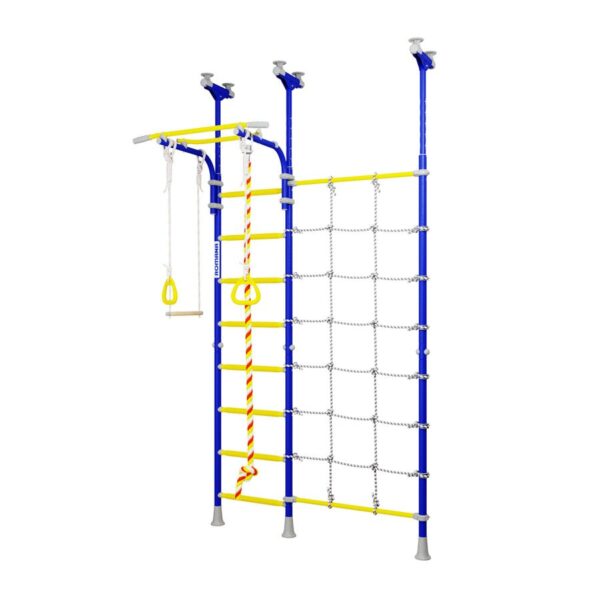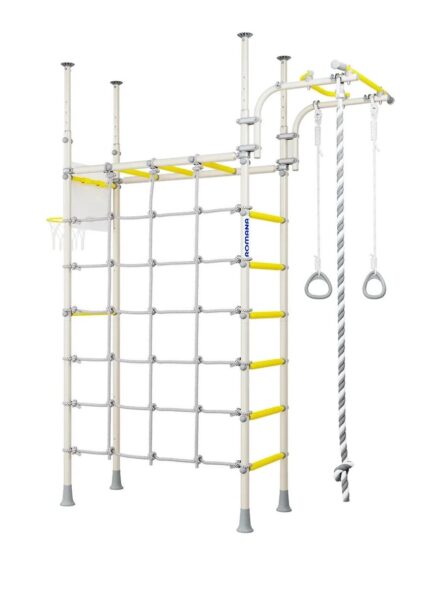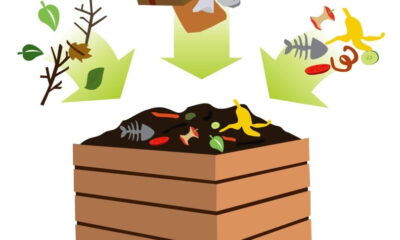

Environment
Important Guidelines for Raising an Eco-Conscious Child
There are some unfortunate contradictions about eco-friendly parenting. One study found that 76% of parents are more concerned about the environment because of their children. Unfortunately, they don’t live more sustainably. In fact, the average adult becomes 25% less eco-friendly after having children.
You need to be diligent about eco-friendly living as a parent. This involves teaching your kids to be responsible for the environment.
Teaching the youngest members of your household to become responsible citizens is easy if you follow the right steps. You need to explain to them why the environment is so important and, teach them by example. An excellent way to do this is to get them involved in “green activities” at home. Here are some ideas of what you can do with your children to help them learn to become eco-friendly citizens:
Recycle
We all need to be more cautious about recycling. The recycling rate was only 32.1% in 2018, which is lower than it was a few years earlier. In addition to recycling more yourself, you must take measures to educate your children about recycling.
Set up different colored trash cans to sort waste. To make it more fun, you can buy several of the same baskets to paint and decorate as a family. For example, you can have a blue one for paper and cardboard, a green one for glass, a yellow one for bottles and plastic containers or cans, and, finally, a gray one for organic waste.
Find eco-friendly hobbies
You need to make sure that you choose the right hobbies for your kids. Some hobbies, like dirtbiking are very bad for the environment.

A better option is to get them involved in physical activities that don’t leave such a large carbon footprint. Joining a club like Fitnesskid is a better alternative if you want to help the planet. They will have more fun and won’t harm the planet as much either.

Clean up trash as a family
You may want to participate in cleaning activities as a family. You can call it a “family clean-up squad” to make it sound fun. Create together a special uniform for the occasion (which can be made from recycled fabrics and objects) and dedicate a few hours of your weekend to getting rid of the dirt. You can also swap chemical cleaning products for homemade vinegar, lemon, and baking soda. This way, the little ones will handle them without any risk. You can also teach them about the environmental consequences of chemical cleaning products.
Choose natural foods from local suppliers
Try to leave the convenience of a supermarket. A good option is to go to the farmer’s markets and other local fairs where they sell organic and delicious products. There are multiple benefits of doing this. In addition to buying natural, organic foods, you will be buying local. Local foods have a lower carbon footprint, since they don’t have to be transported nearly as far. Transportation accounts for around 10% of the carbon footprint of your food, so buying local can be the responsible choice.
Another excellent idea is to stop by a nursery to buy some plants to decorate the house. Children can choose the ones they like the most and commit to taking care of them.
Find eco-friendly alternatives
To protect the planet, whenever possible, you should swap products from large corporations with eco-friendly alternatives. For example, bamboo brushes are perfect for replacing the classic ones we use. They also have antibacterial properties. We can also use ecological soap to make homemade products that are good for the skin.
Find creative ways to save energy
You should explain to the little ones that energy is both expensive and causes wear and tear on nature. Once you have taught them about the environmental costs of energy, you should teach them to do little big things to minimize energy consumption, such as not having the lights on when they don’t need to be. To make the obligation more fun, you can set a motivational challenge.
Reduce, recycle and reuse
Reduce the amount of garbage generated per day, electricity consumption, food waste and other forms of waste. Exchange ideas with your children about what can be done to avoid wasting the resources that nature gives us. You will be surprised by their ingenuity!
Recycle or convert objects, clothes, toys they no longer use. Then, they can dedicate their weekdays to making crafts. Besides increasing their awareness of the importance of caring for the environment, this will develop their imagination and help them have fun. Here are some ideas.
Reuse water, for example. Teach them that the water you used to boil the vegetables is ideal for watering the garden or that the water you used for the washing machine can be used for flushing the toilet or mopping, etc. Teach them to reuse as much as possible.
Respect nature
Are your children amazed by trees, flowers, animals? If you have a child starting to talk, he has probably asked you more than once where animals live and what they eat. Satisfy their curiosity and take the opportunity to teach them how to take care of nature.


 Environment12 months ago
Environment12 months agoAre Polymer Banknotes: an Eco-Friendly Trend or a Groundswell?

 Features11 months ago
Features11 months agoEco-Friendly Cryptocurrencies: Sustainable Investment Choices

 Features12 months ago
Features12 months agoEco-Friendly Crypto Traders Must Find the Right Exchange

 Energy11 months ago
Energy11 months agoThe Growing Role of Solar Panels in Ireland’s Energy Future


















